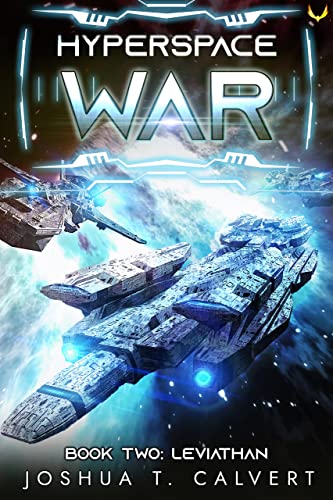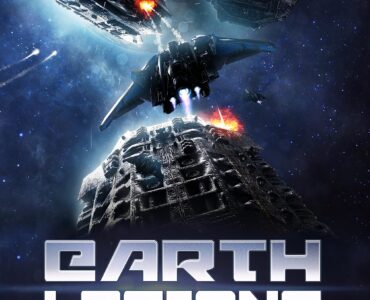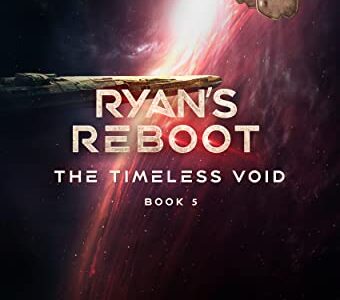Pros
- Interesting change of course for the story
- Mystery and revelation deepens the plot
- More information regarding aliens and galaxy
Cons
- New direction for plot feels a little too overused
Leviathan Review
Leviathan by Joshua T. Calvert continues the exciting plot and mystery of who the aliens are and what the aliens want from humanity. After the devastating attack on the colony worlds and the end of the first novel, Behemoth, many questions remained about Alpha, the aliens, and their motivations.
Leviathan not only manages to answer some of these more intriguing questions, but the story also introduces some more bits of of story and lore that make the story universe more intriguing. For example, one passing comment by the alien companion reveals that the galaxy is far more inhabited than the humans realize, a revelation that may expand the story further.
While this book does make an interesting course change from the villain by providing more context for readers, the direction it goes will be familiar to long-time readers of science fiction that echoes early science fiction writers during the earlier parts of the twentieth century and more recently (relatively) popularized by movies like Terminator.
One aspect of this series that is done well is the way in which the story is gradually developed. Calvert has a great ability to entertain and engage readers with mystery—not only to intrigue readers but also to nurture the mystery little by little so that some of the more pressing questions are answered. And these answers lead to more questions, all of which aim toward creating a story universe that feels more rich and alive.
Brandt and his team manage their mission objective only to find themselves immediately thrust into another mission. All the while they’re being manipulated in one way or another by some other unknown force. In a sense, they’re more like puppets and readers are left in the dark about who the puppet masters are. Even when truths are provided, there’s still that nagging doubt and sense of distrust that adds to the flavor or atmosphere of the story.
More background information and context is provided about the supporting characters in Brandt’s group. Perhaps not surprisingly, the most interesting of the characters, more so than the protagonist himself, is Pascal.
Heroes tend to have fairly rigid stances, and that’s no different from Brandt. Given death or life imprisonment, many heroes of stories would choose life over death, but that’s not the case for Pascal. As a result, he takes on the more morally questionable role for the group, acting as a sort of bridge between logic and emotion and gaining praise from the artificial intelligences as a result. Unfortunately for the protagonist, this makes Pascal a more interesting character.
Leviathan by Joshua T. Calvert deepens the mystery of who the true villain is in this second book of the exciting and suspenseful Hyperspace War series, leaving readers eager to resolve not only the conflict but also to see what comes next for humanity: freedom or enslavement.
Read reviews of other great military science fiction books below.



